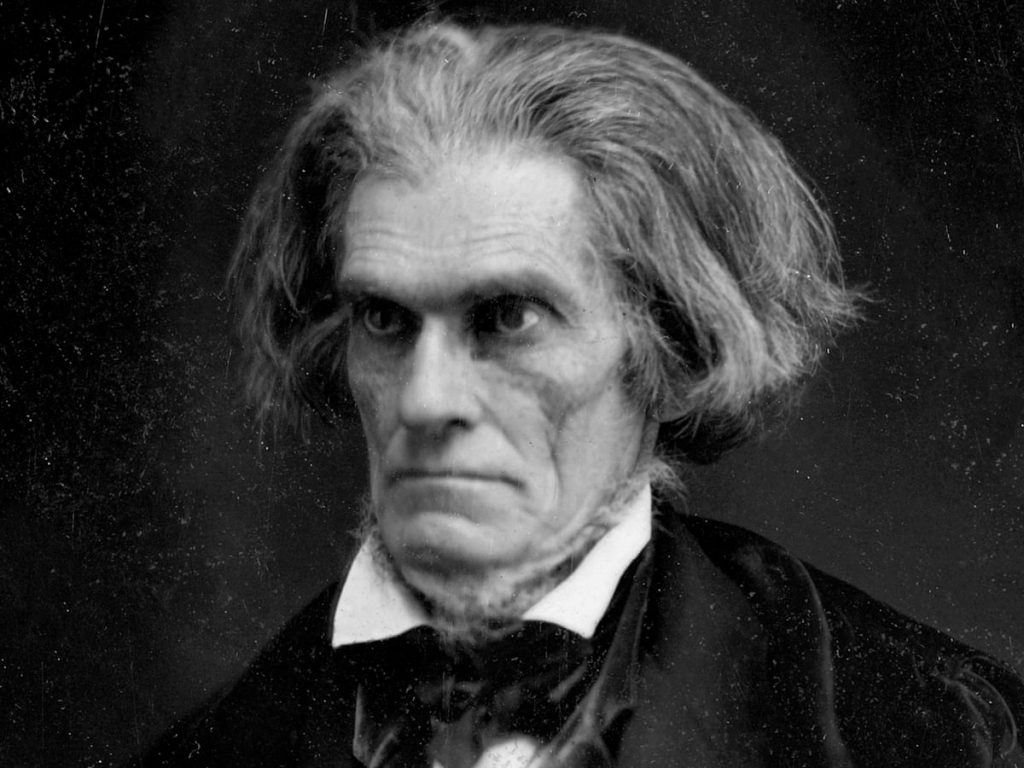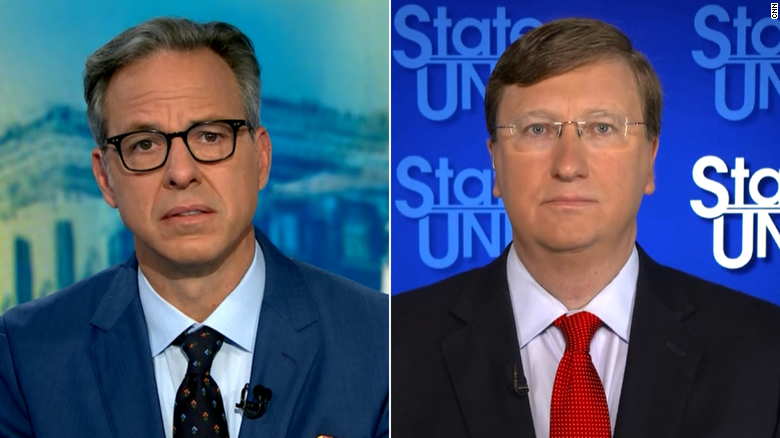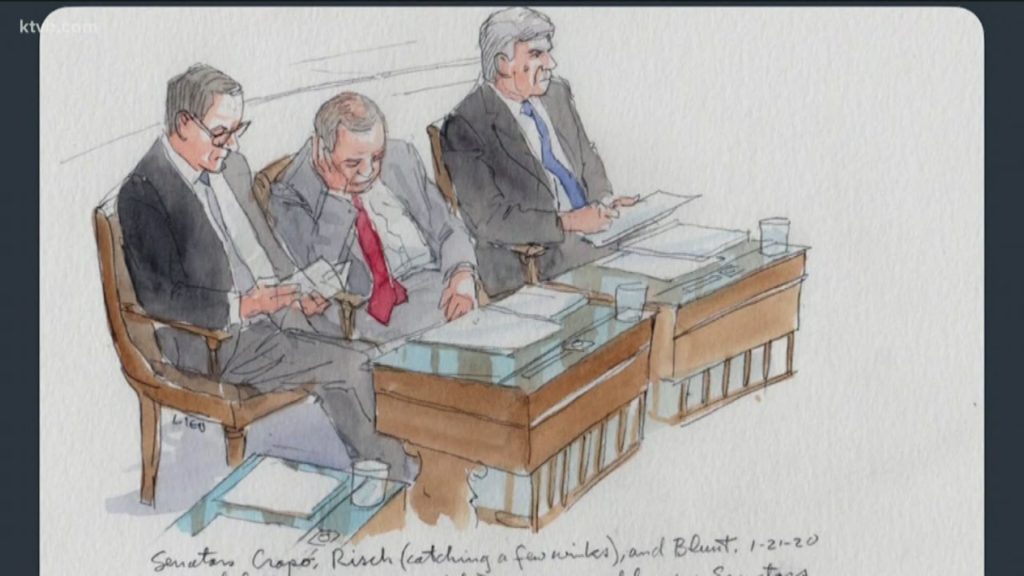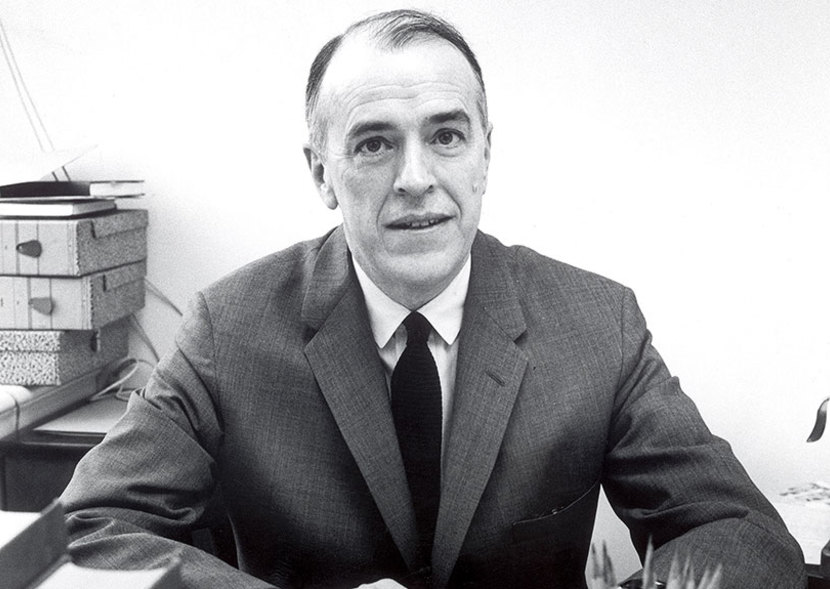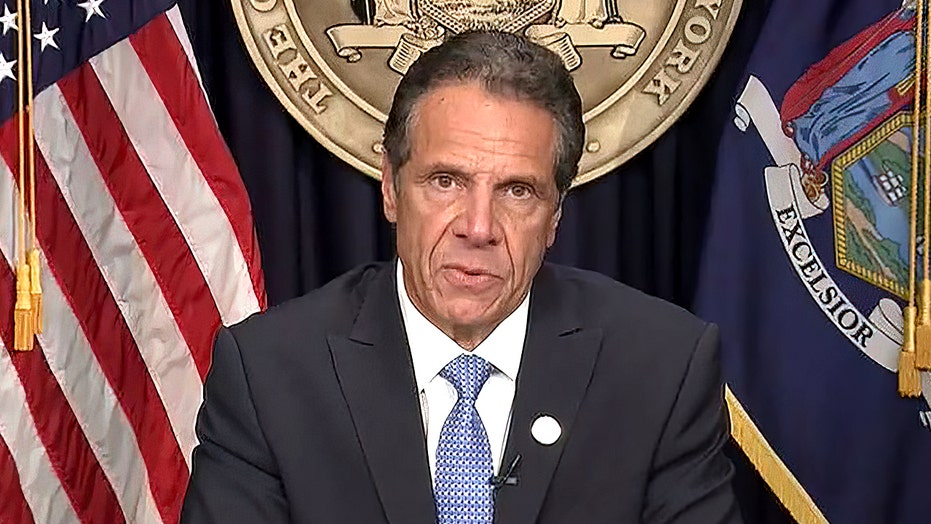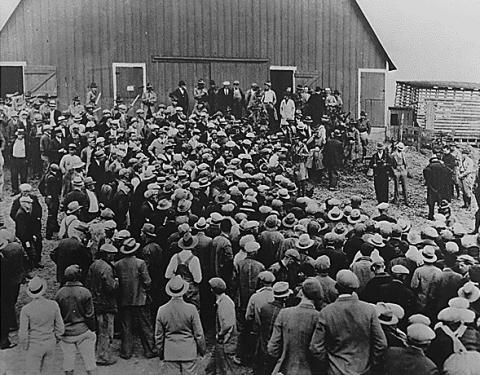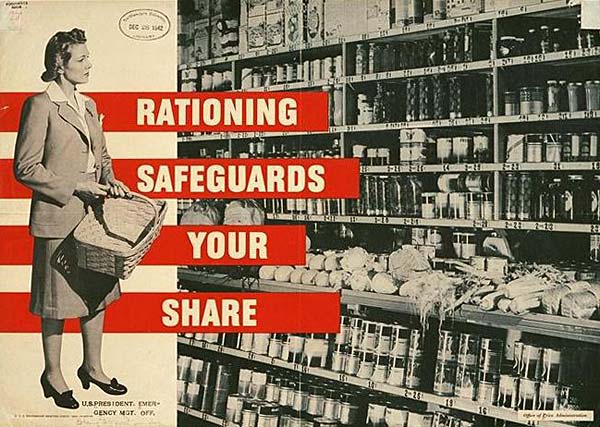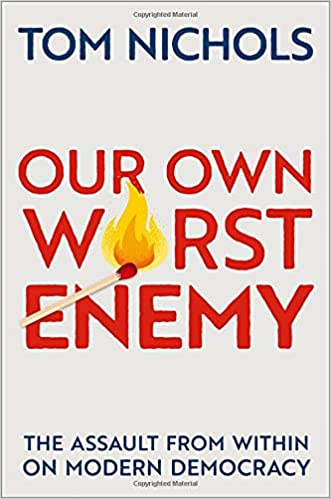Raising the federal debt limit so our government can pay the bills it has already rung up ought to be the political equivalent of an uncontested lay-up in basketball.
Senate Republicans, willing to force the U.S. economy to the brink of insolvency and crater the recovery from a deadly pandemic by filibustering the issue, are forcing Senate Democrats to save the game by effectively making a half-court desperation shot at the buzzer.
If what nihilistic Republicans are doing weren’t so economically irresponsible, indeed potentially catastrophic, it would be cause for a laughable case of hypocritical cynicism. After all, Senate minority leader Mitch McConnell, the guy orchestrating this bit of potentially fatal political theater, has voted 32 times for a debt ceiling increase during his time in Washington.
There ought to be a Mt. Rushmore for cynics like the Kentucky senator, but no block of granite exists large enough to feature all the worthy cynics. (Any monument would surely have to make room for Idaho Senator Mike Crapo, a world-class enabler of federal debt with repeated votes to cut taxes on corporations and the wealthiest Americans, and one who now refuses to pay the very bills he created.)
Yet, while this cliffhanger dominates the news, underscoring how broken our politics continues to be, an existential crisis of democracy is unfolding in real time. Tragically, this crisis remains out of sight and out of mind for most Americans. Our constitutional crisis is under the daily radar screen for two reasons: Republican officeholders are ignoring it and too many Americans have grown comfortable with the undemocratic, authoritarian, insurrectionist politics of the political right.
Let’s briefly review the path to constitutional crisis:
Months before the 2020 presidential election, Donald Trump began to raise doubts among his supporters that the election would be conducted fairly. Unlike any presidential candidate before, Trump said in so many words: if I lose, the election was rigged. He repeated this fable over and over – for months.
As election day drew closer, Trump ramped up the lies about election integrity, advancing bogus arguments about mail in ballots or dead people voting. On election night – trailing in key states – Trump declared victory and began turning up the heat on local election officials to find some way to turn the outcome in his favor. Trump’s pressure on election officials in Georgia is still the subject of criminal review.
Next, and in advance of state-level certification of the election, came the lies about vote counts from Pennsylvania to Arizona. Trump lawyers went to court in several states to try to stop certification, or to advance election fraud claims. In not one single case in a dozen states has any remotely creditable evidence been presented to a court supporting the former president’s case. Nothing has surfaced because there is nothing there.
Still, the lies, aided by the silence, or even worse actively abetted by Republican elected officials, took hold. Public opinion polling indicates a majority of Republicans have now bought the lies, which Trump repeated again this week.
The lies, beyond the clear damage to the legitimacy of American democracy, have had other real consequences. Election officials in numerous states have been on the receiving end of harassment and even death threats. A group of Republican crackpots in Arizona, egged on by their lying leader, convened, as the Arizona Republic reported, their “own group of fake electors who promptly voted to throw Arizona’s vote to Donald Trump? Turns out they weren’t engaged in meaningless wishful thinking or yet another wild PR stunt to play to the base. They were involved in an actual plan to stage a coup.”
We now know that Trump enlisted the help of a conservative lawyer from California to concoct a legal rationale for a coup. The theory held that then-vice president Mike Pence could, on his own motion, reject the Electoral College votes of several states that Trump lost.
The lawyer, John Eastman, meet with Trump at the White House on January 5, 2021, the day before Congress was scheduled to certify, as a purely procedural matter, the presidential election.
As a violent mob chanting “hangMike Pence” attacked the Capitol on January 6th, Pence, somewhat amazingly given his fealty to Trump, followed the Constitution.
We also know that General Mark Milley, the chairman of the Joint Chiefs of Staff, convened a meeting of his top staff in this period to remind them of the military’s duty to the Constitution. Milley also spoke with his Chinese counterpart to ensure him that the U.S. was not about to launch a war. There are other reports that Milley observed that Trump was unstable and capable of precipitating a “wag the dog” type incident to hold on to power.
The incident Trump and supporters planned for and encouraged happened, of course, on January 6th on the steps and inside the United States Capitol.

If this weren’t recent American history staring us square in the face it would be a good plot line for a second rate made for TV movie, and perhaps that is why it’s easy for some to dismiss the lying, scheming and the threats. This kind of crazy, undemocratic action just doesn’t happen in our county. Right.
But dismissal of lies about election fraud, a coup plot and a deadly insurrection is a profoundly dangerous response to this web of treason. The worst is likely yet to come. By 2024, amateurish “Stop the Steal” stunts will be professionalized. Trump will run again. The election will be close. And the reaction – almost certainly chaos and crisis.
As Robert Kagan, no squishy liberal, wrote recently in the Washington Post: “As of this spring, Republicans have proposed or passed measures in at least 16 states that would shift certain election authorities from the purview of the governor, secretary of state or other executive-branch officers to the legislature. An Arizona bill flatly states that the legislature may ‘revoke the secretary of state’s issuance or certification of a presidential elector’s certificate of election’ by a simple majority vote. Some state legislatures seek to impose criminal penalties on local election officials alleged to have committed ‘technical infractions,’ including obstructing the view of poll watchers.”
As Kagan correctly notes, many, many Trump supporters see the web he has woven “as a patriotic defense of the nation,” and therefore “there is every reason to expect more such episodes.”
Europeans all too easily slipped the bonds of democracy less than one hundred years ago to follow charismatic, authoritarian leaders into fascism and dictatorship.
It’s often said: “But, it can’t happen here.” Are you sure about that?
Better yet, what are you doing about it?
—–0—–
Additional Reading:
A few additional items that you may find of interest…
The foul-mouthed farmer sticking his neck out for Democrats’ agenda
From Politico, a great profile of Montana Senator Jon Tester. (Personal opinion: we could use some more like him.)
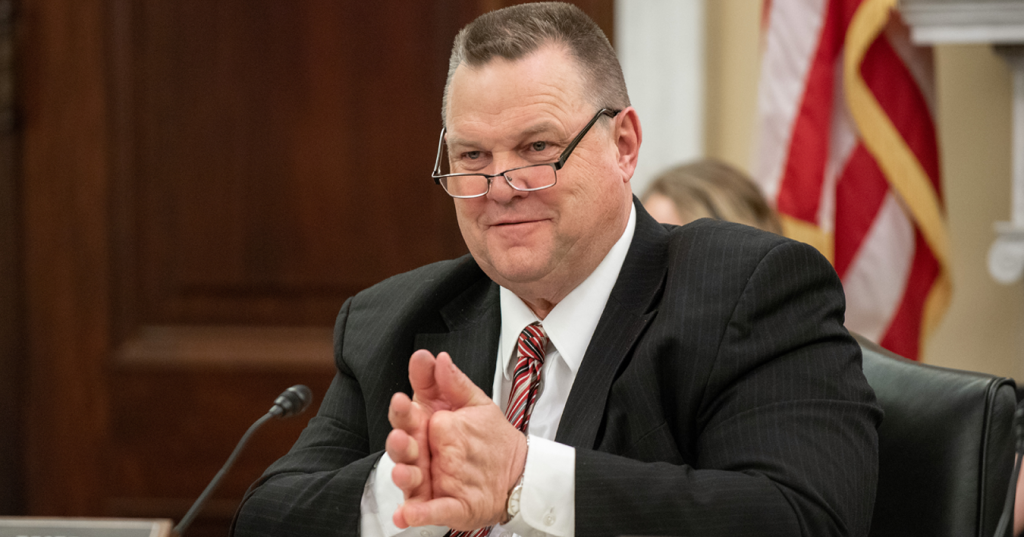
“There’s no one in the Senate like Tester these days, both physically and politically. He’s a hulking presence as he ambles through the chamber’s marble halls, dispensing plainspoken wisdom and pushing what he calls ‘positive vibes.’ When he sips a bottle of beer, he cradles it in between his pinky finger and thumb — a necessary habit since he lost three fingers in a meat grinder as a child.”
If Democrats hope to ever build a working majority in Congress, and particularly in the Senate, they are going to have to embrace candidates like Jon Tester in rural western states.
Here’s a link to the full profile:
Vaccine Mandates are Working
This really shouldn’t be a huge surprise.
“Coronavirus vaccine mandates imposed by employers seem to be working so far, suggesting that most vaccine holdouts would rather get the shot than lose their job.”
The MAGA Trashiest Police Report in History
When you have been around politics and politicians long enough you develop a kind of radar about those individuals who are phony or incompetent or just creepy. Campaigns have a way of attracting some of the best and worst people. Trump’s campaigns were an exception. They seemed to have attracted only the worse, including Cory Lewandowski.
Tim Miller in The Bulwark dishes the goods about Lewandowski’s evening in Vegas with a woman from Idaho named, wait for it, Trashelle.
“My most sacred maxim for assessing what is happening in politics: “When in doubt it’s Veep, not House of Cards.”
“But after I saw the full statement provided to authorities by Trashelle Odom, I realized that at long last we may have found the point at which this maxim breaks down.
“Because the Lewandowski Affair wasn’t a binary choice between Veep or House of Cards. It’s Veep and House of Cards. The singularity had been achieved.”
OK, enough fun for one day. Be careful out there. Thanks for reading.



